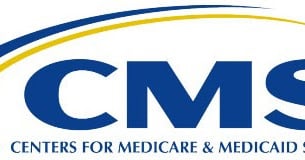The Centers for Medicare and Medicaid Services (CMS) has issued a 962-page proposed rule covering...
CMS Says More Evidence Needed Before Medicare Will Cover Amyloid-Beta Imaging
 |
CMS in its decision said it will thus cover one PET Aβ scan per patient who is enrolled in a clinical trial that is designed to develop better treatments or prevention strategies for AD or to resolve clinically difficult differential diagnoses where use of PET Aβ imaging appears to improve health outcomes.
Eli Lilly, which manufactures the Amyvid (florbetapir F18 injection) beta-amyloid scan, in a statement on its Web site expressed disappointment in the decision. “CMS appears to be challenging the value of an adjunctive tool that can assist physicians in making a more-informed diagnosis for patients with cognitive impairment,” said Daniel Skovronsky, M.D., Ph.D., president and CEO, Avid Radiopharmaceuticals, Inc., a subsidiary of Eli Lilly. Restricting coverage could hinder a timely and accurate diagnosis.... In addition, it may stifle future innovation aimed at improving diagnosis."
The CMS decision is posted here. For more on this subject see Psychiatric News here.
(Image: travellight/shutterstock.com)





